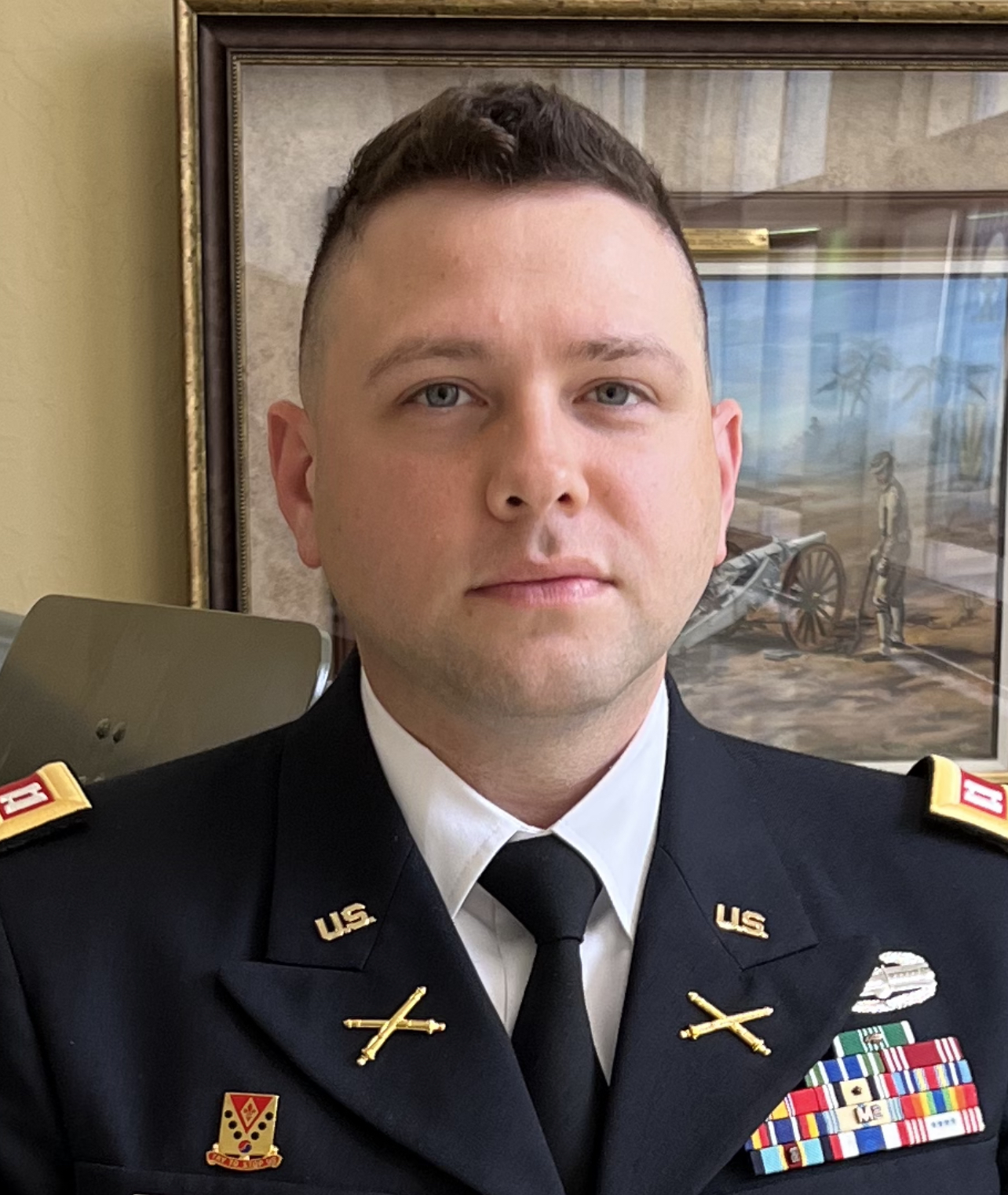 When James Storey joined the military as a high school senior, he saw it as a path that combined family tradition with a search for purpose. The structure of military life guided him through deployments and helped him define his aspirations and understand the impact he wanted to make in both military and civilian settings.
When James Storey joined the military as a high school senior, he saw it as a path that combined family tradition with a search for purpose. The structure of military life guided him through deployments and helped him define his aspirations and understand the impact he wanted to make in both military and civilian settings.
During his service, Storey developed a growing interest in leadership, recognizing the importance of effective management and support for those under his command. He aimed to refine these skills formally, so he pursued a Master of Arts in organizational leadership from through Harding’s Center for Leadership and Development. This program felt like the ideal fit for Storey with applications for both his military role and his civilian job at ArcBest.
“It felt perfect for me, as it would allow me to contextualize what I learned in the military and demonstrate how those skills translate to the civilian world,” Storey said. “At the end of the day, people are people. What people want in the military is similar to what they want outside of it — they want to be valued, to know their work is appreciated, and to feel that it has purpose and meaning.”
Balancing the demands of military duty, a civilian career and graduate studies required discipline and adaptability. “At first, it was a bit of a juggling act,” Storey said. The program’s flexibility coupled with the engaging content kept him motivated. He found himself applying class lessons directly to his responsibilities in the National Guard, whether drafting detailed memos or strategizing with his unit.
Storey chose the executive and workplace coaching concentration for his degree and initially assumed that coaching meant advising or mentoring. He discovered it was about becoming a “thinking partner” and helping others find their own solutions.
“It’s not about telling people what to do,” Storey said. “It’s about asking the right questions so they can make their own decisions.”
This skill has been vital in his roles as a leader, especially in the military, where individuals are highly trained but may still encounter moments of uncertainty.
“I’d just go into ‘coach mode,’ asking questions to help them think it through. They don’t need me to tell them; they just need a little guidance to figure it out.”
This coaching approach, particularly through what his classes called “powerful questions,” has deepened his connections with those he leads. He found that empowering others through self-discovery builds trust and morale within his teams.
“People come away from these conversations energized. They feel that they’ve come to the answer themselves, and that’s what really drives them.”
Following a successful command, he was promoted to battalion intelligence officer, a role where his MAOL training in collaboration and strategic communication was invaluable. He has since transitioned from commanding operations to planning missions, focusing on bigger-picture strategies while supporting his team. As he looks ahead, he is eager to move to higher staff levels, such as the brigade, where he hopes to continue making a positive impact by blending his military experience with the leadership skills honed during his MAOL studies.
Starting in Fall 2024, the Center for Leadership and Development began offering a 20% tuition discount to active duty, retired, National Guard and reserve forces and their spouses. Learn more about the 100% online MAOL and certificate programs or schedule a visit with your graduate admissions counselor.